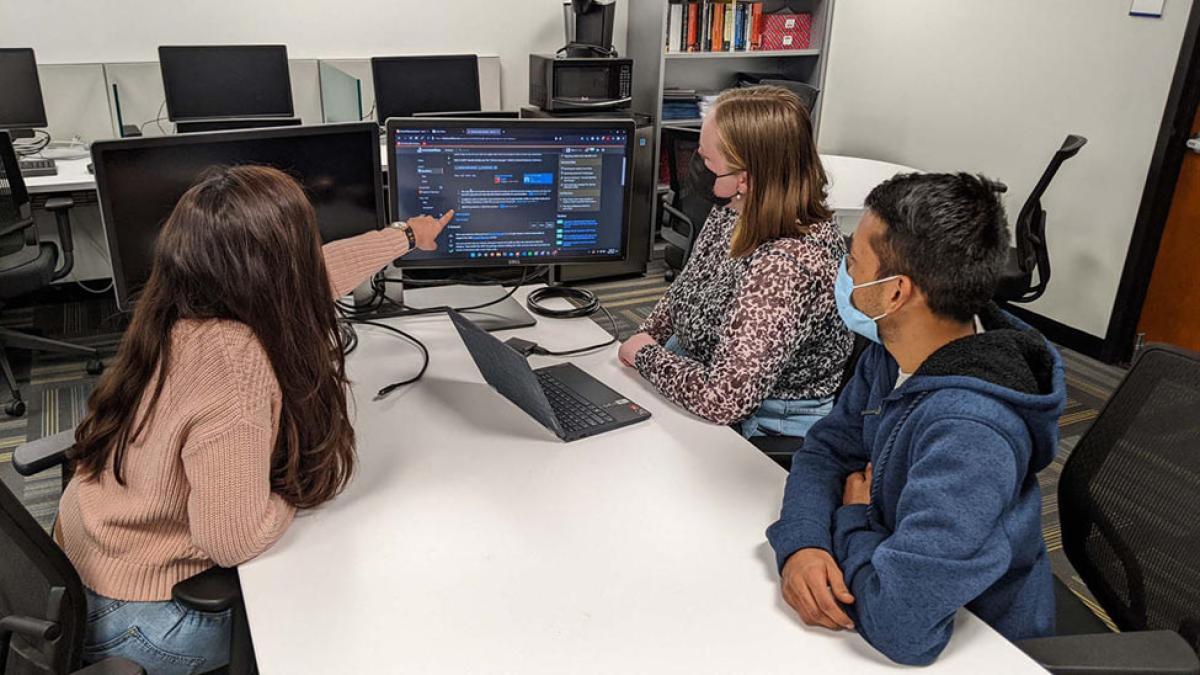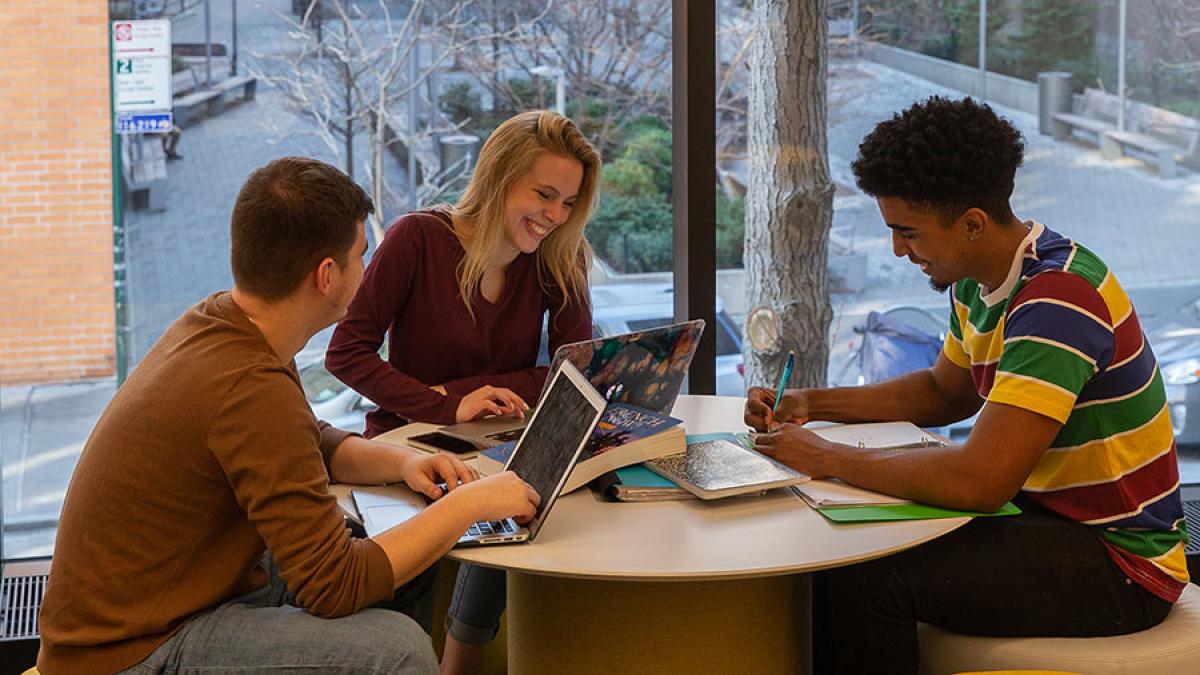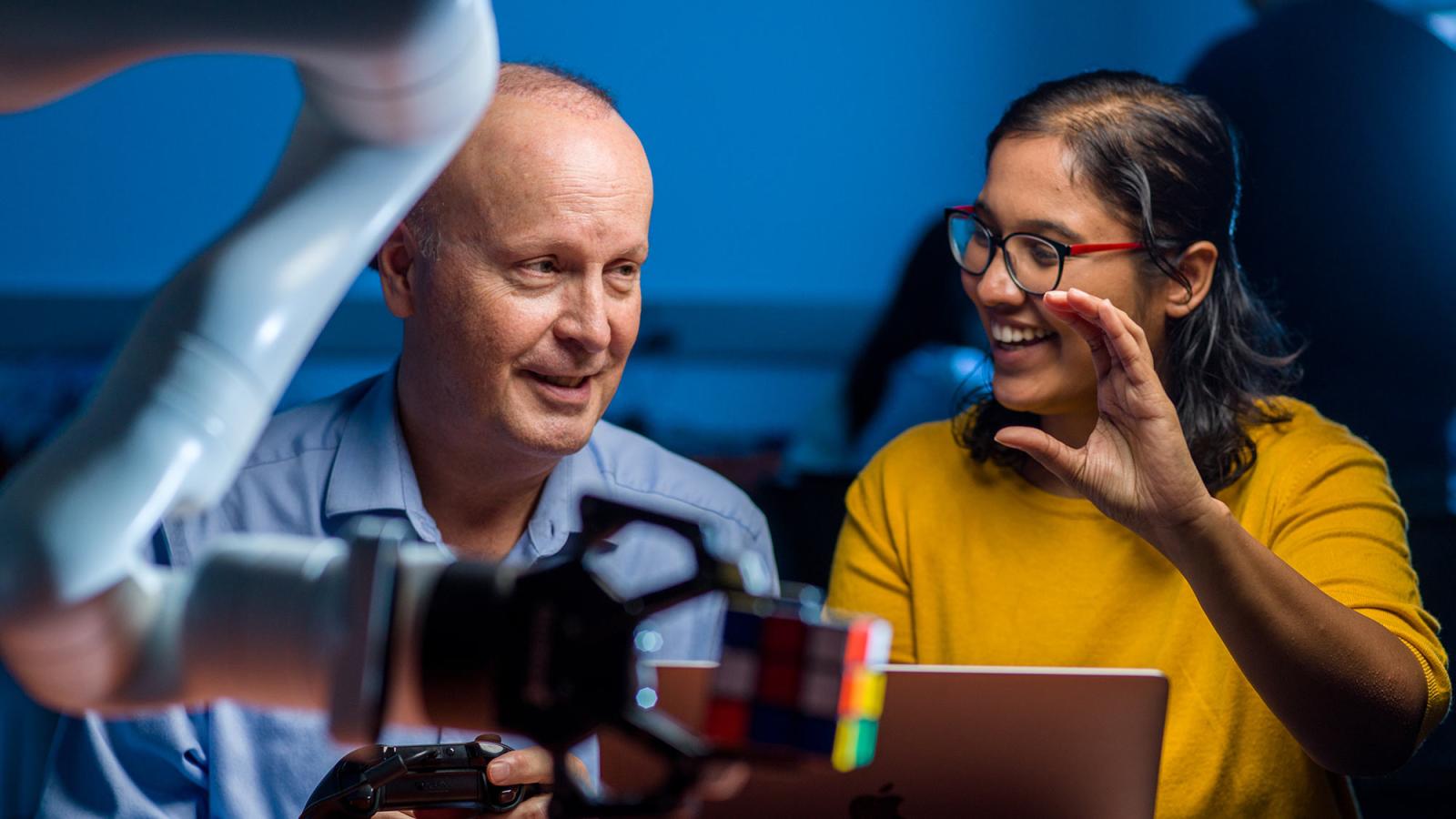
Faculty and Student Research
Push the Boundaries of Research
At Seidenberg, learning goes way beyond the classroom. Students have the unique opportunity to conduct cutting-edge research with our accomplished faculty. From leveraging technology to improve healthcare outcomes using IoT to developing mobile apps that improve digital literacy in developing countries, the research opportunities at Seidenberg empower you to dive deep with expert guidance.
Healthtech for an Evolving World
By working across disciplines, faculty are turning groundbreaking ideas into reality. Juan Shan, PhD, an associate professor of computer science in Seidenberg, is focused on applying artificial intelligence and machine learning to analyzing medical imaging—things like breast ultrasounds and knee MRIs.
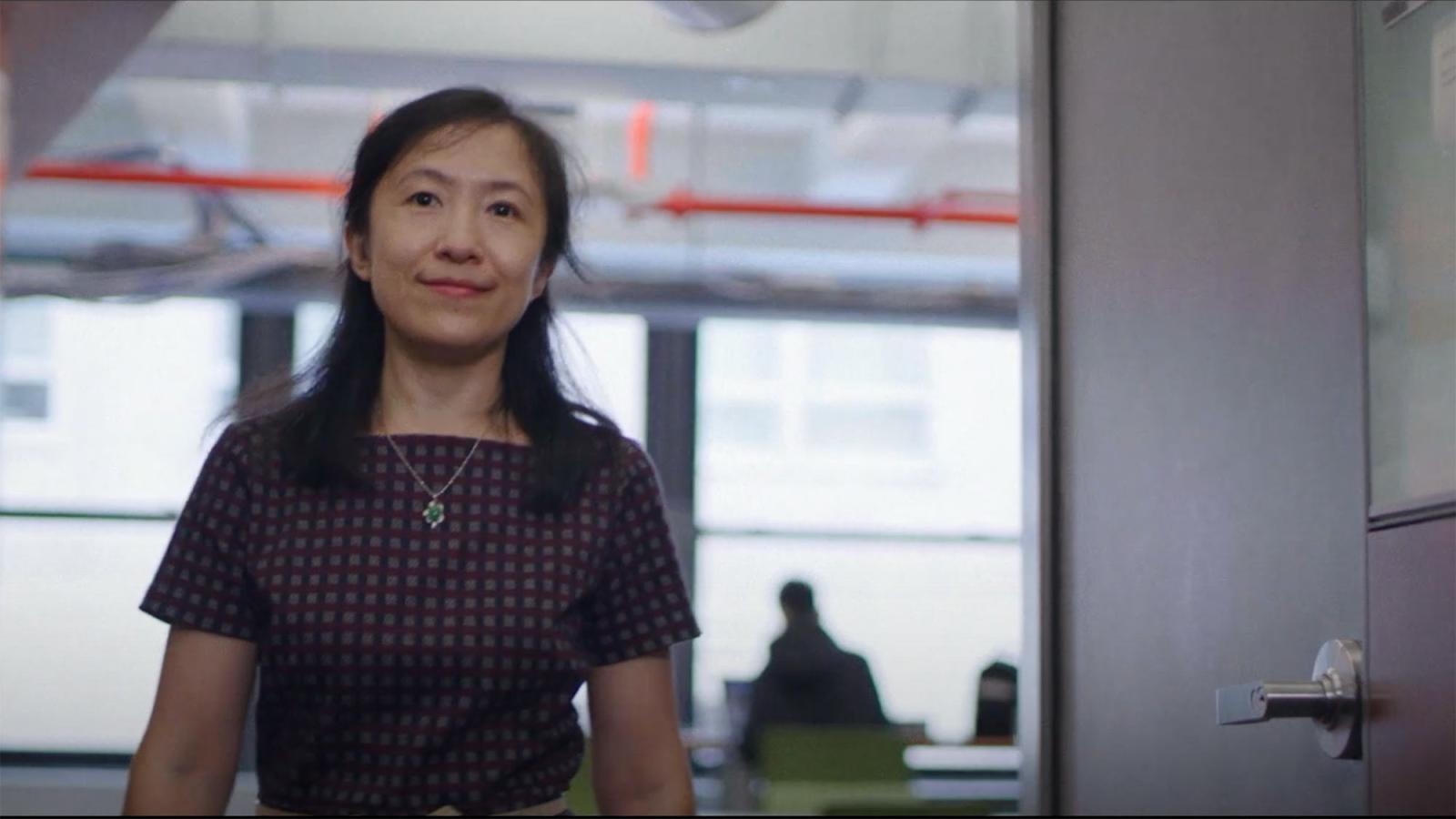
Designing Futurists
Professor and NYC Design Factory director Andreea Cotoranu is teaching students how to solve tomorrow’s problems. In partnership with major corporations and international collaborators, students have pitched ideas like noise-absorbing drones, massive-scale food cooling systems, and a modern take on teen furniture design.

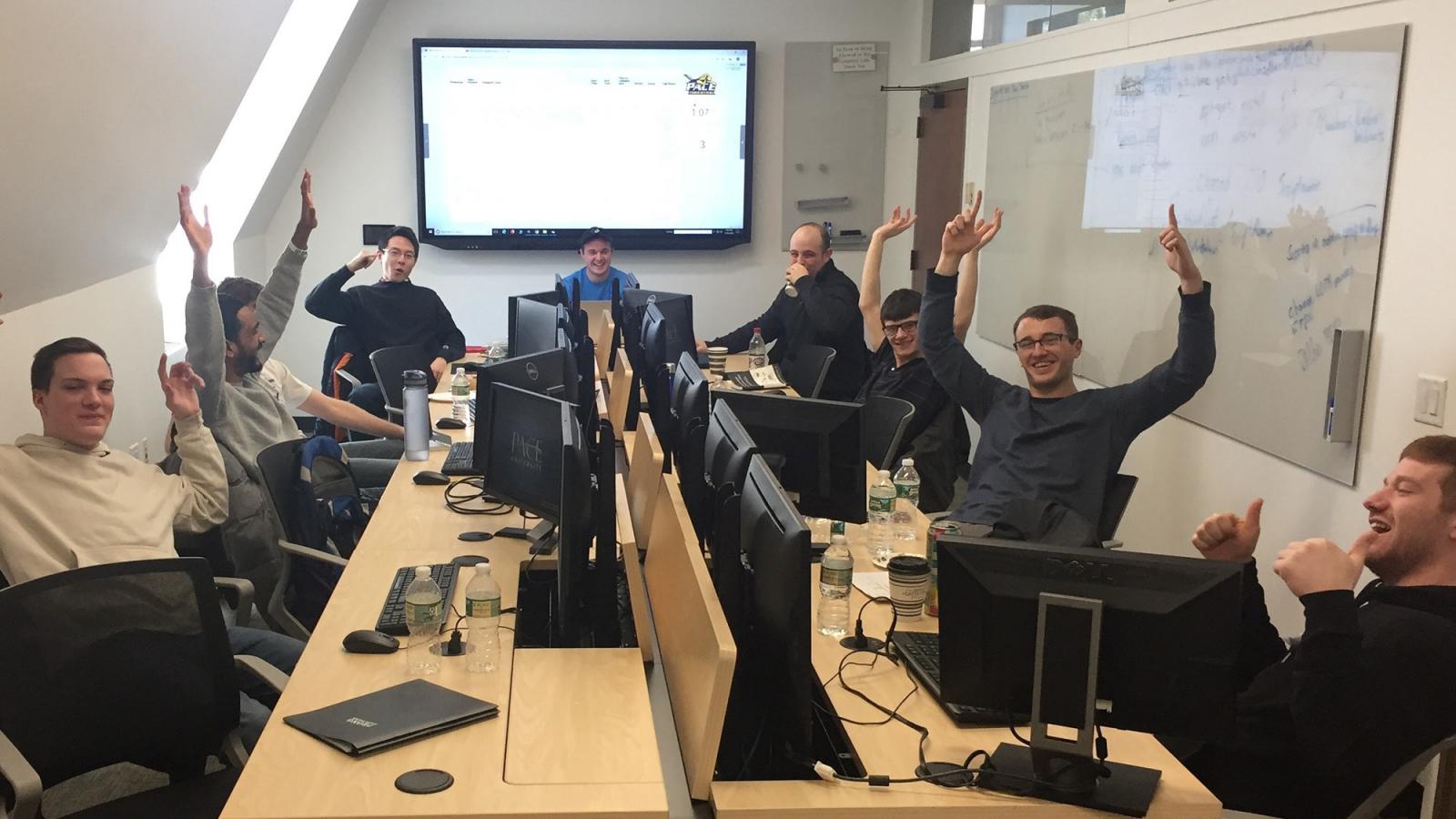
Leading the Way in Cybersecurity
With a $3.8 million grant from the National Science Foundation, Seidenberg is primed to train the next generation of cybersecurity leaders.
Zhan Zhang Becomes First Professor At Pace To Earn Grants From Both NIH And NSF
Seidenberg Professor Zhan Zhang recently made Pace history by earning grants from both the National Institutes of Health (NIH) and the National Science Foundation (NSF). In his ongoing NSF project, Zhan focused on enabling hands-free data collection and documentation in the field by emergency medical services (EMS) providers with an easy-to-use smart glass application.
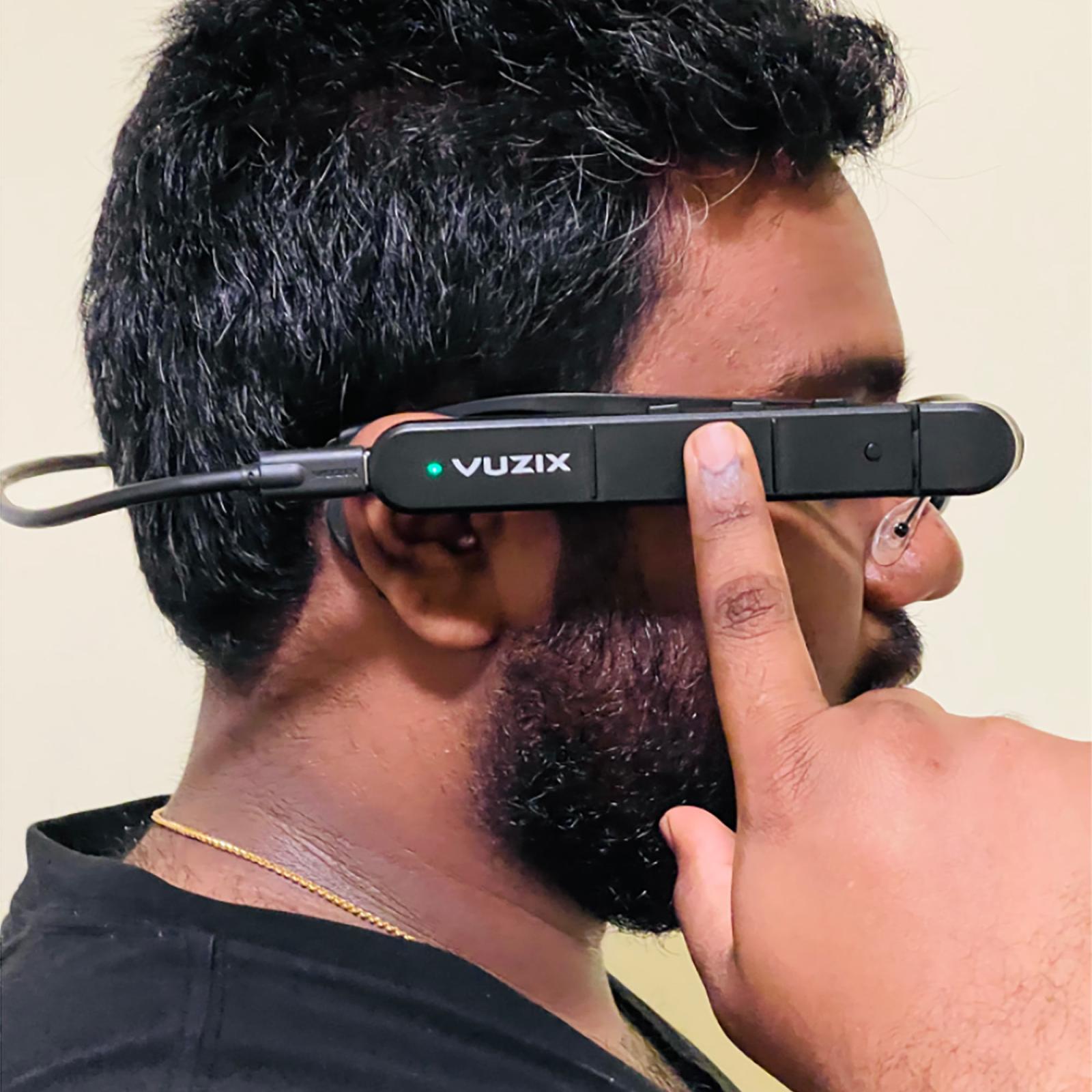
Centers and Labs
Blue CoLab is a team of students, interns, graduate assistants, faculty and staff who work to advance technology, information and warning systems that protect human and environmental health from water contamination.
Pace’s new Computational Intelligence Lab is officially open, serving as a hub for those interested in improving their programming skills, learning more about pattern recognition and artificial intelligence, and finding a place for like-minded people to congregate and collaborate.
The Cybersecurity Lab is a state-of-the-art facility that offers students hands-on learning experiences and training using real-world applications for careers focusing on cybersecurity, cyber defense, and related operations that are currently in great demand. The Lab focuses on education, research, and partnerships with academia, industry, and government.
The Location Analytics and GIS Lab for Education and Research focuses on spatial or geographic data. You’ve probably used GIS technology on many occasions, even if you didn’t realize it. When you use your smartphone to search for the nearest gas station, your results will come up based on your location. If you have used Uber, Lyft or Airbnb, you are using GIS.
Pace’s NYC Design Factory is part of the Design Factory Global Network, a consortium of innovation hubs at universities around the world. In partnership with major corporations and international collaborators, students have pitched ideas like noise-absorbing drones, massive-scale food cooling systems, and a modern take on teen furniture design.
The Pace Mobile Lab is, as its name indicates, dedicated to all things mobile, from conceiving and developing apps to using mobile innovations to address social and global challenges in areas like health, microfinance, education, and civic activism.
Pervasive computing goes beyond the realm of personal computers. Ubiquitous devices that are becoming smaller and more powerful are embedded with incredible technology and connectivity, a trend that will likely only accelerate.
At the Robotics Lab, students build and test robot cognitive architecture, and work on building intelligent agents for network security and intrusion detection.

